Turkish archaeologist and painter that fetched millions in an auction last week will be spotlighted in a new Islamic art exhibition in London. Osman Hamdi Bey's Girl Reading the Quran was sold last week to Malaysian Islamic Arts Museum for more than $7M
A rare piece by a pioneering Turkish painter that fetched millions in an auction last week will be spotlighted in a new Islamic art exhibition in London.
Ottoman painter Osman Hamdi Bey’s Girl Reading the Quran, which the Malaysian Islamic Arts Museum just bought for over £6.3 million (almost $7.4 million), has been added to the exhibit by the British Museum.
The 1880 painting details of a young woman’s clothes amid an environment full of colorful Islamic designs.
Julia Tugwell, curator of the British Museum show Inspired by the east: how the Islamic world influenced western art, told Anadolu Agency that the painting was a perfect addition to the theme of their new exhibit, thanks to the Malaysian museum.
Tugwell said the exhibit tries to show how Orientalist artists were influenced by Western art and techniques.
“Osman Hamdi Bey, having been an artist to worked in Turkey and Paris, is an ideal artist to have in our exhibition,” she said, adding that his painting works very well with their theme of East-West dialogue.
Osman Hamdi Bey was born in 1842 and died in 1910.
Art historians say the oil painting, measuring 41.1 x 51 centimeters (1.34 x 1.67 feet) on canvas, carries Osman Hamdi Bey's distinctive features and unique style.
The exhibit
The British Museum exhibit includes paintings by leading Orientalists including Eugène Delacroix, John Frederick Lewis, and Frederick Arthur Bridgman.
“British artist Edmund Dulac’s original illustrations for a 1907 edition of the Arabian Nights, and ceramics by Théodore Deck, a leading French ceramicist who in the late nineteenth century created a range of pieces directly inspired by Islamic originals” are also featured, said the museum.
“A section of the exhibition will be dedicated to how some artists from the Islamic world were able to turn the Orientalist gaze back on itself during its height in the 19th and early 20th centuries, reusing and reimagining such imagery for their own ends,” it added.
“The adoption of European artistic styles and technologies – particularly photography – was embraced and promoted by social elites, who like their contemporaries in Paris and London were active participants in the artistic and cultural trends of the period.”
Pioneering Ottoman photographer Pascal Sébah’s works will also be part of the exhibit.
The show will run at the museum from Oct. 10 until Jan. 26, 2020.

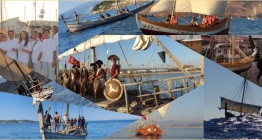


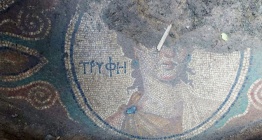

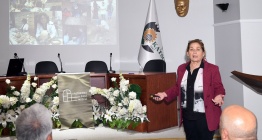

 Ağrı Dağı'ndaki Nuh'un Gemisi oluşumu nasıl keşfedildi, dünyaya nasıl tanıtıldı?
Ağrı Dağı'ndaki Nuh'un Gemisi oluşumu nasıl keşfedildi, dünyaya nasıl tanıtıldı? 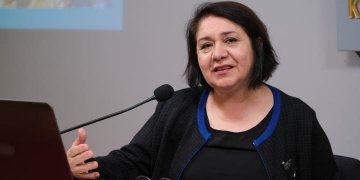 Bizanslı Kadınlarla Osmanlı Kadınları benzer kaderlere sahipmiş!
Bizanslı Kadınlarla Osmanlı Kadınları benzer kaderlere sahipmiş! 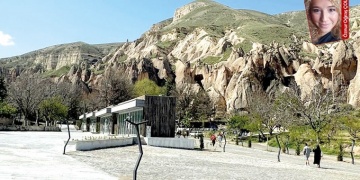 Zelve problemi: Önce turizm mi kayrılmalı yoksa kültürel ve doğal miras mı korunmalı?
Zelve problemi: Önce turizm mi kayrılmalı yoksa kültürel ve doğal miras mı korunmalı? 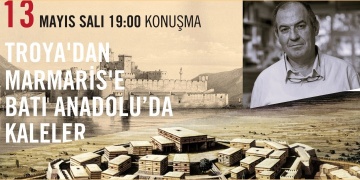 ASKEV - SERA Ayvalık'ı Arkeoloji Sohbetleri ile buluşturmaya 13 Mayısta başlıyor
ASKEV - SERA Ayvalık'ı Arkeoloji Sohbetleri ile buluşturmaya 13 Mayısta başlıyor 




